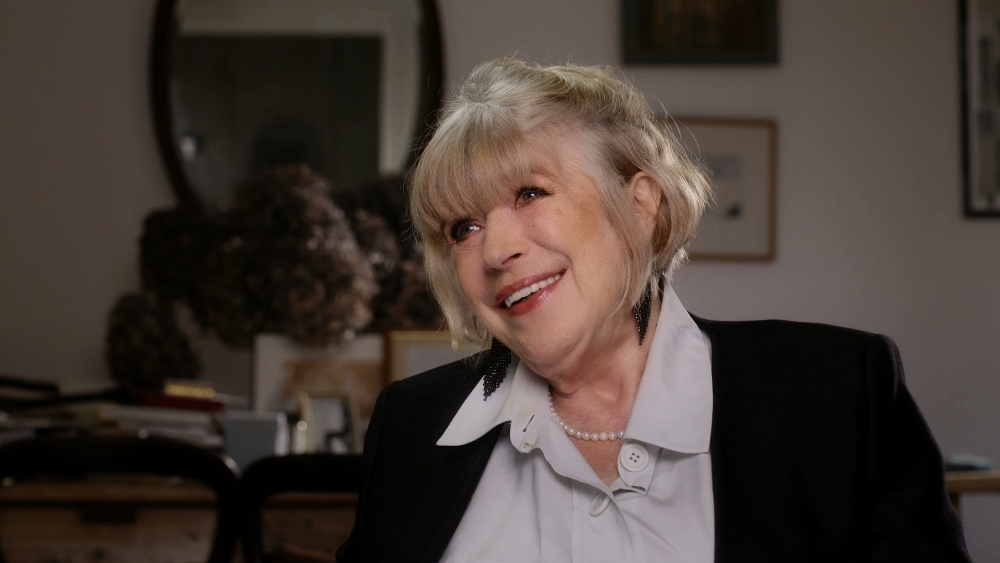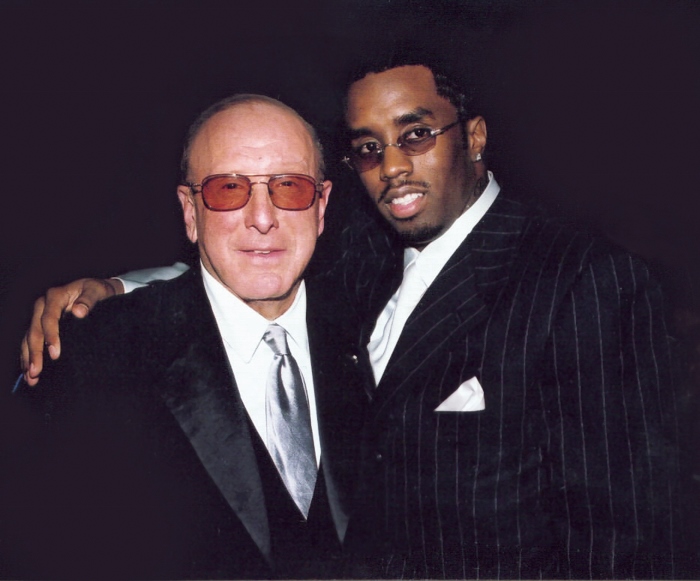She was a beautiful 16-year-old girl who went to a party and became an icon; a cautionary tale. Born in 1946, Marianne Faithful launched her career with a hit single – As Tears Go By, at age 18. She became Mick Jagger’s girlfriend and toured with the Rolling Stones, but by 1970 she broke up with the rock star, attempted suicide, and then lived on the streets for two years. Heroin addiction, alcoholism and health problems permanently altered the timbre of her signature, delicate voice, leaving it lower, raspy, and raw. Yet her story does not by any means end in the tumultuous ’70s. Faithfull, the 2017 documentary by Sandrine Bonnaire, weaves the abundant archival footage with present-day interviews to create a portrait of Marianne Faithfull, the artist and woman she has become today.

For anyone who remembers the ’60s, and even those who don’t, the opening scenes of Bonnaire’s film are bittersweet as one sees the young Marianne on film, tossing her luxurious blond locks, with the camera cutting to the almost unrecognizable older version. At first glance, this juxtaposition suggests a statement on the ravages of a difficult life, and the cost of fame. Yet after watching the film, I saw these opening scenes in a new light.
The young Marianne is diffident, hesitant, soft-spoken. Singing As Tears Go By, in a semi-reclining pose, her features scarcely betray any emotion, still as a mannequin. In contrast, the older Marianne, in conversation with the director (Bonnaire is off-camera), is outspoken, assertive, vehemently honest, emotional, and even rather loud; a confident woman who fully accepts herself. And if her eyes are often full of sorrow, they also sometimes sparkle.
Marianne Faithfull was discovered at a party by Andrew Loog Oldham (manager of the Rolling Stones 1963 – 1967), who described the event in an interview at the time: “it all started out as rather a giggle … I saw that she had a face that could definitely be something.” A face, and, as it turned out, a voice. Yet there is much more to Marianne Faithfull than meets the eye. The extraordinary trajectory of her life is fascinating, not only for the nostalgic details, but as the documentary of a woman’s coming into her own. The film closes with a dramatically lit shot of Marianne Faithful listening to Ed Harcourt sing No Moon in Paris, a song they co-wrote for a projected album: “There’s no moon in Paris and its very lonely here tonight/ What can I do but pretend to be brave and pretend to be strong though I’m not…Everything passes everything changes/The only thing that stays the same is love.” And music.

Yet another mesmerizing documentary, full of radical twists and astonishing come-backs, is Clive Davis: The Soundtrack of Our Lives, directed by Chris Perkel. Unlike rock stars, the names and faces behind the scenes are not usually well known outside the industry, but the stories are no less remarkable. American Idol aficionados might recognize him, but that does not even begin to skim the surface of his story. How did a Jewish boy from a middle-class family in Crown Heights become a huge record mogul who was elemental in the careers of Janis Joplin, Bruce Springsteen, Santana, and Whitney Houston? He also propelled Barry Manilow to fame, but I’m trying hard not to hold that against him.
Davis’s story reminds me of the old joke about a man who was asked if he knows how to play the piano, and responded: I don’t know yet, I’ve never tried. Without any prior background or particular interest in music, having graduated from Harvard Law School, Davis soon found himself working in the legal department of Columbia Records. Clearly, the powers that be at Columbia recognized that there was potential here, at the very least it must have been clear that he was possessed of a powerful intelligence and energy. Interviews with Davis (now in the 9th decade of his life and still going strong) are interspersed with archival footage that runs like a short history of music for the past 5+ decades. Called “the man with the golden ear” Davis has consistently demonstrated an uncanny ability to recognize talent as well as an understanding of that mysterious quality that makes a song a hit.
Like many such biographical documentaries, this one is very much in laudatory style, with Sean Puffy Combs, Paul Simon, Carlos Santana, Steve Tyler, Miles Davis, Ahmet Ertegun (co-founder and president of Atlantic Records) and others recalling events and for the most part, viewing Davis in a very positive light. His achievements are impressive, not only in terms of commercial success, but in his daring, his open mind, his willingness to take risks. Davis was the one who decided that Bridge Over Troubled Water would be the single Simon and Garfunkel release for their new album, despite the fact that it was unheard of for such a quiet song to be selected as a single. Decades later, Sean Combs played Craig Mack’s Flava In Ya Ear for him; Davis decided that hip hop was going to be the next thing and invested millions in the Bad Boy label.
Yet at the same time, if one is attuned to all that is not explicitly said, one can understand the tensions that exist in the relationships with the artists. Davis had an ear for hits, and he wanted the artists working with him to perform those songs he thought would do it, Barry Manilow is a case in point. On the other hand, when he encountered Patti Smith, Davis was in thrall, and understood that she needs to do her thing. It is a fun and informative documentary for anyone who has listened to music in the past 50 years, because Davis was behind so much of it. One of my favorite scenes is watching Davis, attending his first music festival (Monterey Pop 1967) in a very preppy white tennis sweater, cut with shots of Janis Joplin singing, and Cass Elliot (The Mamas and the Papas) in the audience, silently saying “Wow!”
The full list of music documentaries at Docaviv 2018, includes films on Itzhak Perelman, Grace Jones and Eric Clapton, may be found on the Docaviv website. http://www.docaviv.co.il/2018-en/films-category/music/






Comments are closed.